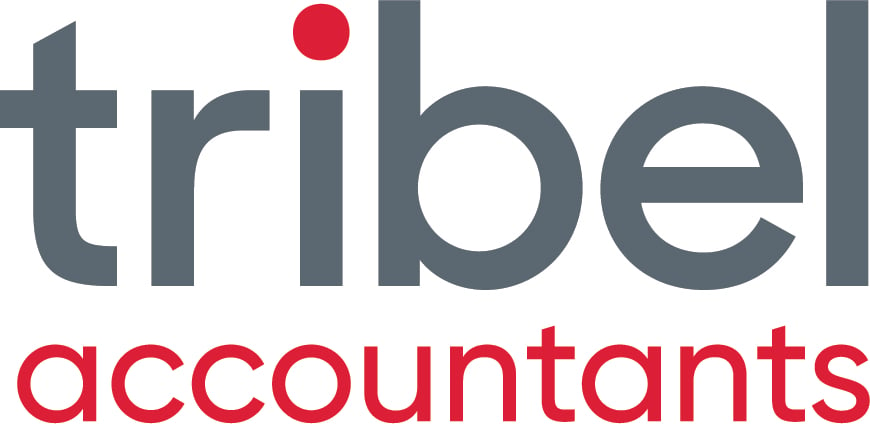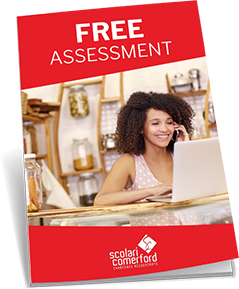INTRODUCTION:
We've all seen it. A small business accountant calls you in for your end of year meeting. They mention that you need to be on something that sounded like "Soda Stream" (?) which you later find out was the ATO's "Super Stream" and then they proceed to give you a set of financial statements that includes a profit and loss statement but also a balance sheet.
Now, most business owners want to know whether they made a profit and how much tax they have to pay. There is no doubt these are very important areas but they relate to things that are effectively past and cannot be changed per se.
Small business accountants these days are expected to do a lot more than answer those 2 questions and rightly so. Being a small business accountant should also be to analyse what has happened, find out why it has happened and then advise steps or actions to take to make these profit and tax better as well as other crucial areas so that the clients can achieve what they set out to achieve with their business in the first place.
So what are the key things you should know and understand?

Figure 1: Understanding a set of financials shouldn't be as hard as doing a moonwalk!
1. Current Assets
The key item here is cash at bank (if you operate an overdraft then it will be sitting in current liabilities). As at the last day of the financial year or the period the 'balance' will be what you have in the bank at that date.
Trade debtors will be the balance of monies owed to you at that date also. A large balance could indicate you are taking far too long to be paid but if it looks high you should ask more questions.
If you sell items, the inventory balance should be considered. Usually it will be shown at cost (can be at market value very occasionally) but if it looks high query whether that stock balance would have existed or if it is being sold for less than what it cost, get it revalued as this could save you some income tax. Of course regular stock takes are time consuming but often worth doing so you can see where you stand and what your real profit is. It might look high because you are carrying too much stock.
Remember stock and trade debtors can be a contributing factor as to why your cash at bank figure is lower than you would like.
2. Current Liabilities
Trade creditors are the people you owe monies to for supplies used by the business as at the year end or period noted. Does this figure look correct or should it be higher or lower? If it's very low, have you been paying creditors off too quickly or inside their terms? If you like paying them earlier then maybe you should consider asking for a settlement discount (usually 5% - 10%) which will improve your margins and profitability. Otherwise, why pay early than what you agreed on?
Loans that need to be paid in the next 12 months are also usually included here. Check that the business is going to make enough money and turn profits into cash to see if you will be able to meet these payment schedules. If not, you need to change something.

Figure 2: Dr Who has just received his year end figures from his accountant!
3. Net Worth
Net worth is purely the Total Assets (including Non-Current Assets such as plant, motor vehicles and land owned by the entity) minus the Total Liabilities (including Non-Current Liabilities such as loans due to be paid outside of 12 months). If your business has goodwill this might not be on the balance sheet so don't stress if it isn't.
To establish your business's true net worth ask business valuers Sydney to give you an idea what the goodwill figure might be. Any fixed assets should be revalued also which will form part of your overall small business valuation so you have an indication of what the business may be worth if you wanted to sell.
4. Where Did The Cash Go?
Balance sheets won't tell you how the cash balance got to where it was at the end of the year from beginning of the year purely by comparing them to the profit & loss statement. Possibly you took a dividend/drawing or you paid off debt or maybe debtors and inventories have gone up? Movements in the balance sheet from year to year will provide some clues but you should ask for your accountants to explain so you understand why the cash balance is what it is.

Figure 3: Are you hiding cash Jack?
5. What Can Be Improved?
A great small business accountant Sydney & Dubbo will look at key performance indicators such as:
- debtor days;
- inventory days;
- supplier days;
- quick ratio;
- goodwill improvement.
As small business advisors they will then suggest ways on how you can improve these over time and what actions you need to take.
6. Will I Get The Business To Where I Want It Next Year & Beyond?
If you want to get the most out of your small business accountants Sydney & Dubbo then ask them for assistance to help you prepare a business plan including three way budgets (cash flow forecasts, profit & loss budget & balance sheet budget).
Ask them to meet with you at least 4 times a year to go through your progress.
CONCLUSION:
When you are in business, you don't need to be an accountant to fully understand which numbers you need to look at. Through planning and regular contact with your business advisors you will start to quickly pick up what the key numbers mean and not just a bunch of pages that somewhere show how much money you made and how much tax you have to pay.
This will promote better direction and advice and get you onto the path to what you've always wanted.


.png?width=100&height=100&name=COVID_Safe_Badge_Digital%20(002).png)




